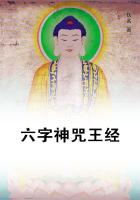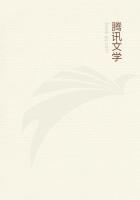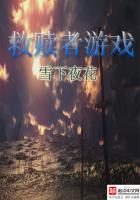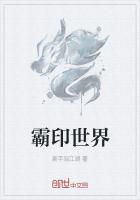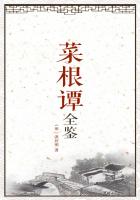The conversation at dinner and afterward, although conducted with animation and sincerity, for the moment stirred vague misgivings within me. Was Tolstoy more logical than life warrants? Could the wrongs of life be reduced to the terms of unrequited labor and all be made right if each person performed the amount necessary to satisfy his own wants? Was it not always easy to put up a strong case if one took the naturalistic view of life? But what about the historic view, the inevitable shadings and modifications which life itself brings to its own interpretation? Miss Smith and I took a night train back to Moscow in that tumult of feeling which is always produced by contact with a conscience ****** one more of those determined efforts to probe to the very foundations of the mysterious world in which we find ourselves. A horde of perplexing questions, concerning those problems of existence of which in happier moments we catch but fleeting glimpses and at which we even then stand aghast, pursued us relentlessly on the long journey through the great wheat plains of South Russia, through the crowded Ghetto of Warsaw, and finally into the smiling fields of Germany where the peasant men and women were harvesting the grain. I remember that through the sight of those toiling peasants, I made a curious connection between the bread labor advocated by Tolstoy and the comfort the harvest fields are said to have once brought to Luther when, much perturbed by many theological difficulties, he suddenly forgot them all in a gush of gratitude for mere bread, exclaiming, "How it stands, that golden yellow corn, on its fine tapered stem; the meek earth, at God's kind bidding, has produced it once again!" At least the toiling poor had this comfort of bread labor, and perhaps it did not matter that they gained it unknowingly and painfully, if only they walked in the path of labor. In the exercise of that curious power possessed by the theorist to inhibit all experiences which do not enhance his doctrine, I did not permit myself to recall that which I knew so well--that exigent and unremitting labor grants the poor no leisure even in the supreme moments of human suffering and that "all griefs are lighter with bread."
I may have wished to secure this solace for myself at the cost of the least possible expenditure of time and energy, for during the next month in Germany, when I read everything of Tolstoy's that had been translated into English, German, or French, there grew up in my mind a conviction that what I ought to do upon my return to Hull-House was to spend at least two hours every morning in the little bakery which we had recently added to the equipment of our coffeehouse. Two hours' work would be but a wretched compromise, but it was hard to see how I could take more time out of each day. I had been taught to bake bread in my childhood not only as a household accomplishment, but because my father, true to his miller's tradition, had insisted that each one of his daughters on her twelfth birthday must present him with a satisfactory wheat loaf of her own baking, and he was most exigent as to the quality of this test loaf. What could be more in keeping with my training and tradition than baking bread? I did not quite see how my activity would fit in with that of the German union baker who presided over the Hull-House bakery, but all such matters were secondary and certainly could be arranged.
It may be that I had thus to pacify my aroused conscience before I could settle down to hear Wagner's "Ring" at Beyreuth; it may be that I had fallen a victim to the phrase, "bread labor"; but at any rate I held fast to the belief that I should do this, through the entire journey homeward, on land and sea, until I actually arrived in Chicago when suddenly the whole scheme seemed to me as utterly preposterous as it doubtless was. The half dozen people invariably waiting to see me after breakfast, the piles of letters to be opened and answered, the demand of actual and pressing wants--were these all to be pushed aside and asked to wait while I saved my soul by two hours' work at baking bread?

